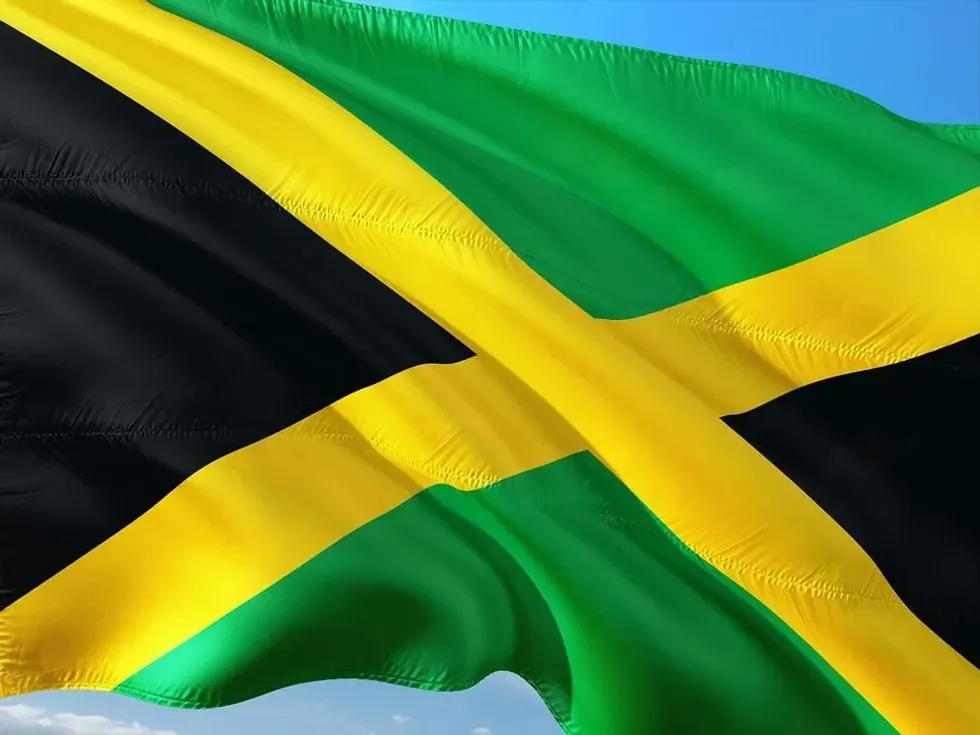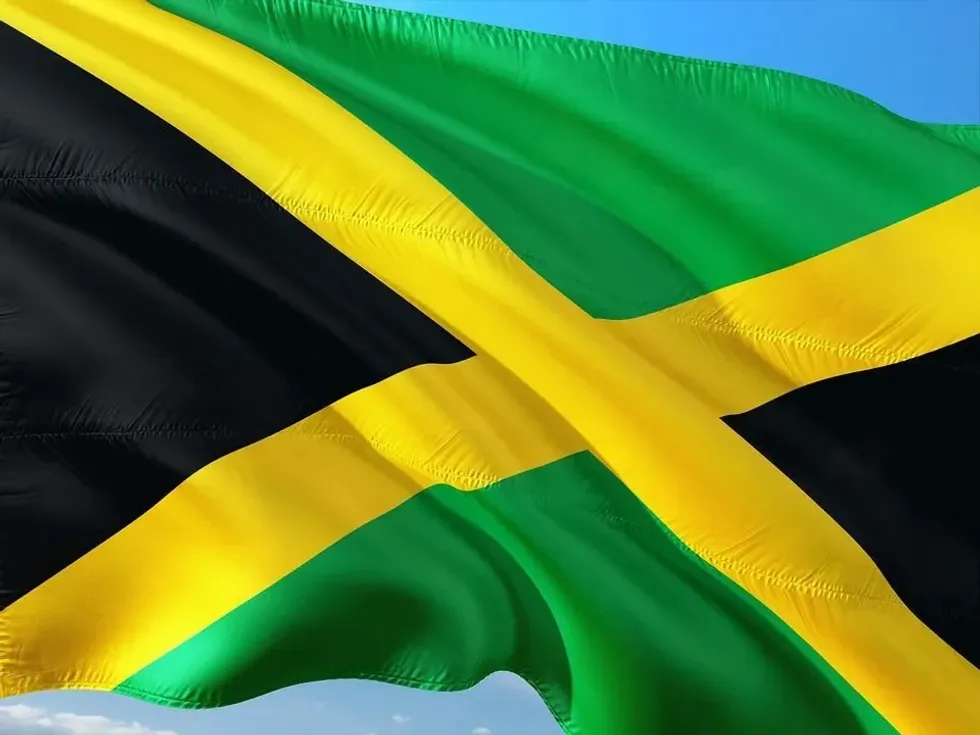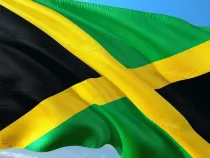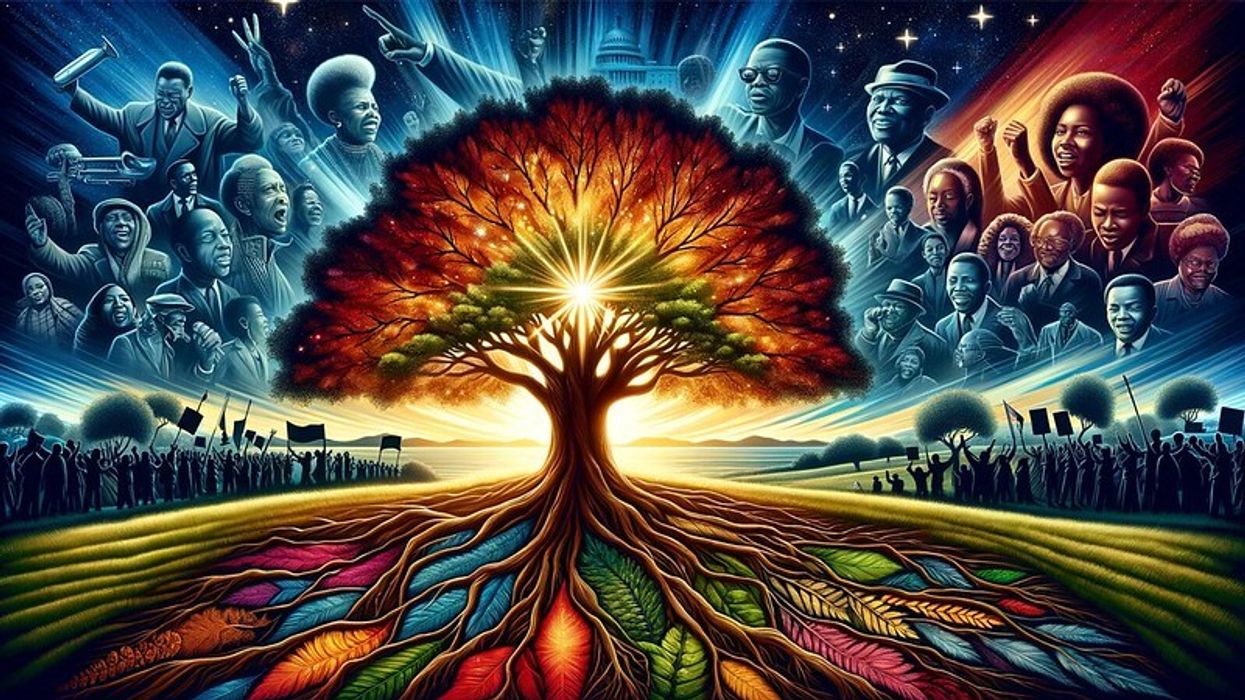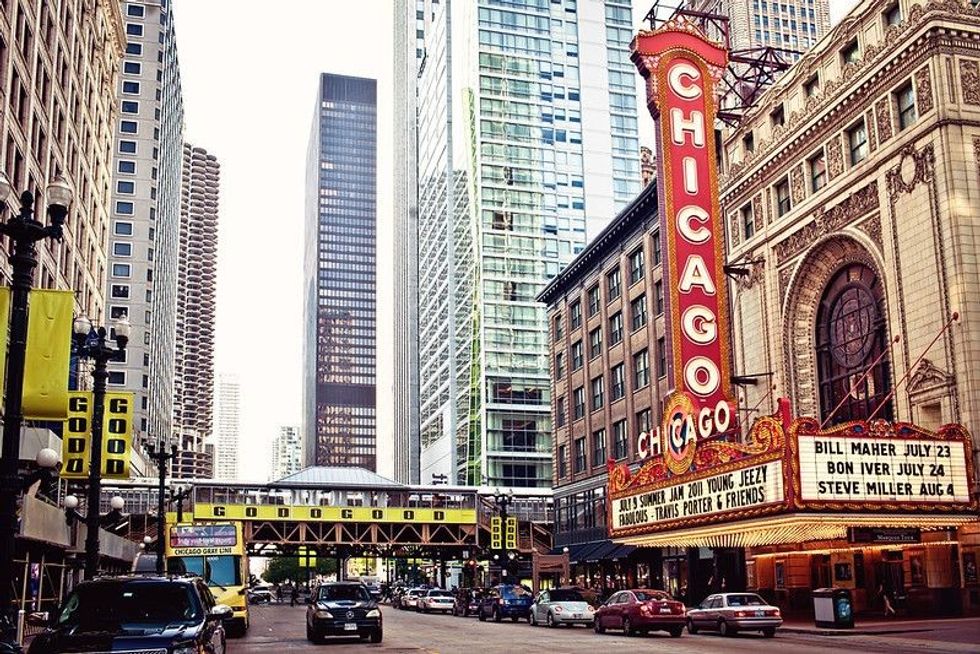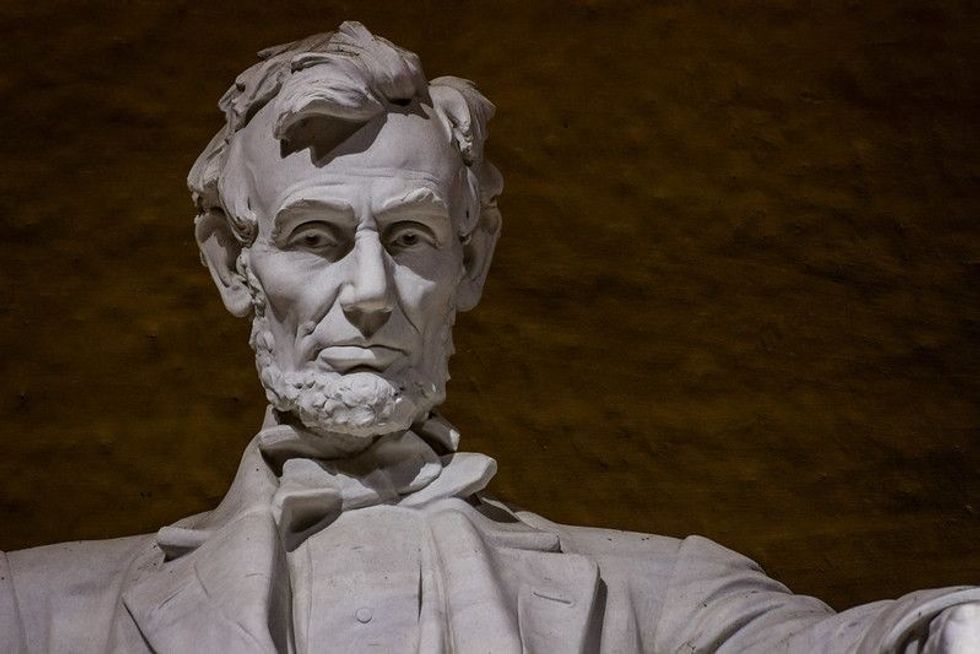181 Jamaican Government Facts: History, The Constitution, And More!

If you ever wanted to visit Jamaica, the facts related to their political and legal systems will make you want to visit the country even sooner!
Jamaica is a democratic country, with the Queen of England as its the Head of State. The Queen's representative in the country is the governor-general, who is appointed after the recommendation is made to the Queen by the Prime Minister.
Currently, the office of the Prime Minister in Jamaica is held by Andrew Holness, who is the head of the majority party, the Jamaican Labor Party. This new government was formed in 2020. A Prime Minister is made after legislative elections take place.
In Jamaica, the Parliament is divided into the elected House of Representatives and the appointed Senate. While the former has a speaker as its head, the latter has a president and deputy president. These positions are filled after fair elections take place within the two houses.
Jamaican Law is based on the Constitution of the country and follows the common law. Apart from the legislative and executive, the judicial branch forms the third branch of governance.
Facts About The Jamaican Government
Needless to say, it is quite interesting to learn about the system of government belonging to any country. However, this fact particularly holds true for the country of Jamaica since this place has a rich history both in terms of politics and culture, with both influencing the other.
Hence, to understand Jamaica better, a look into its system of governance is a must.
Jamaica is described as a constitutional monarchy with a parliamentary system of governance, making them a parliamentary democracy. This identity of Jamaica was received by the country when it gained independence from British rule in 1962.
However, the Jamaican Governance System is largely based on the Westminster model of the British Parliament.
According to this system, while the Prime Minister of Jamaica is responsible for the legislature, the Queen of Jamaica, Queen Elizabeth II, represents the office of Head of State.
The Queen and the governor-general, whom she appoints after getting a recommendation from the Prime Minister and his cabinet, are mostly limited to playing ceremonial roles. However, the governor-general holds other responsibilities, including the right to give a judicial pardon and appoint members to any office of the government.
The governor-general is also kept informed about the functioning of the state. However, it is essential to mention that the governor-general largely acts after consulting the Prime Minister.
Apart from the Prime Minister, the governor-general may also consult with the leader of the opposition or the members of his Privy Council.
While the office of the Prime Minister and his cabinet members are part of the executive branch of the government, the legislative branch is bicameral and consists of the Senate and the House of Representatives. In Jamaica's Parliament, the House of Representatives, also referred to as the Lower House, consists of 60 members.
These 60 ministers are democratically elected by the people during general elections. On the other hand, the Upper House or Senate of the Jamaican Parliament, which has 21 ministers, is appointed by the governor-general himself.
Out of the 21 members of the Senate, the governor-general appoints 13 on recommendation from the Prime Minister. The other eight members are appointed after the governor-general consults the leader of the opposition.
For the House of Representatives, a chairman or speaker is elected by the members of the House itself.
In the Senate, the positions of President and Deputy President are also decided by its 21 ministers. It is essential to note that the Prime Minister of Jamaica, who is the head of the government, is appointed after the legislative elections take place.
While the above-mentioned systems are features of the central government of Jamaica, local government also exists in the country. The role of a local government is to maintain the various infrastructure at the regional administrative levels and form a bridge between each administrative division and the central governing body.
The government of Jamaica operates based on the Constitution of the country, which came into effect in 1962. The Constitution guarantees several rights to the citizens, in addition to protection against discrimination of any form.
In Jamaica, universal suffrage is also a characteristic feature, which allows citizens over 18 years of age to participate in general elections and vote for candidates they want to see in public offices. All of these factors make the government of Jamaica quite stable in nature.
History Of The Jamaican Government
While the current system of governance in Jamaica is quite fascinating, the history of the Jamaican government is no less interesting. Before becoming an independent country in 1962, Jamaica was first under Spanish rule, followed by the British colonial era.
The government of both these periods was different than what it is today but certainly shaped and influenced Jamaica's culture.
Jamaica was home to the Arawak Indians before Cristopher Columbus invaded the country in 1494. Later, he visited the country again in 1503.
In 1509, the Spanish established their first settlement in Jamaica, marking the beginning of the Spanish era in the country. This also led to the formation of the first government in Jamaica.
In the year 1510, just one year after the first settlement, the first governor of Jamaica was appointed. The office was given to Juan de Esquivel. This made Jamaica a part of the Viceroyalty of New Spain.
However, the Spanish people did not retain their interests in Jamaica for long, as this island country did not bear any gold. Eventually, the Spanish rule gave way to the British colonial era, which began in 1655.
During the British period, a ton of changes took place in the Jamaican government. In 1664, nearly a decade after the British took hold of the country, the House of Assembly of Jamaica was created.
This was a form of local government but only had members who were rich plantation owners. Henry Morgan became the Governor of Jamaica. Morgan tried to abolish the Assembly and impose a set of taxes in the country, but his plans were stopped with the restoration of the legislature.
Subsequently, in 1866, Jamaica came under the governance of the Crown Colony Rule, which was based in England. During this time, following the British government policy, slavery was abolished in Jamaica.
Additionally, several rules were put in place to improve the living condition of the slaves in the country. These rules were opposed by the Assembly of Jamaica, who cited that they were against the interference of the Parliament in these matters.
During the early 20th century, Jamaica's demand for self-governance became more prominent. In 1938, riots due to the Great Depression led to the formation of the first labor unions in the country.
These unions were linked to various political parties. Merely 20 years later, Jamaica was one of the founders of the West Indies Federation, which consisted of several Caribbean Islands that formed a unit of their own within the commonwealth.
Subsequently, in 1944, a House of Representatives was established in Jamaica. This effectively gave birth to the two-party system in the country, namely, the People's National Party and the Jamaican Labor Party.
In 1959, Jamaica was given the power of having fully internal self-government. Three years after this, Jamaica gained independence, with Alexander Bustamante of the Jamaican Labor Party becoming the first Prime Minister of the country.
Political Parties In Jamaica
Jamaica operates on the model of a two-party system. The two parties in Jamaica are the People's National Party and the Jamaican Labor Party.
While the former was founded in 1938, the latter was established in 1943. It is essential to mention that, since Jamaica gained independence, more than 62 political parties have been established in the country.
Nevertheless, any of these parties fail to become a ruling party or hold executive power due to a combination of reasons, including lack of monetary funds.
People's National Party; Founded on September 18, 1938, the People's National Party or PNP history is predominantly associated with the condition of Africans who were brought to Jamaica as slaves. Not only did this party fight for a democratic nation, but it also stood up for the emancipation of the slaves.
The founders of the People's National Party were mostly middle-class people of brown and black ethnicities. One of the most notable figures of PNP was Norman Washington Manley, who was one of the most well-known lawyers of Jamaica during 1920.
Manley was the president of PNP after its formation and spearheaded the fight for universal suffrage, which was finally granted to the citizens of Jamaica in 1944. The main aim of the People's National Party was to unite the causes of the lower and middle classes.
As far as political ideologies are concerned, the PNP identifies as a democratic socialist party.
In addition, the People's National Party has always been in favor of republicanism. The first Jamaican head of government to have openly lent his support to republicanism was Michael Manley, who was a member of PNP itself.
Currently, in the House of Representatives, the People's National Party has 14 elected members. The present opposition leader from PNP is Mark Golding.
The Jamaican Labor Party or JLP; it is quite interesting to note that JLP was the brainchild of a former member of the People's National Party. In 1938, a mass revolt took place in Jamaica due to the dire economic conditions following the Great Depression.
This revolt led to the formation of trade unions with political links. Bustamante Industrial Trade Union was formed during this revolt.
Quite naturally, BITU, which was established by Alexander Bustamante, had connections with the People's National Party. However, once Bustamante realized that the British forces were weakening in the country, he severed his ties with the PNP to form his own party, the Jamaican Labor Party.
Despite what the name might sound like, JLP is quite a conservative party. Nevertheless, JLP does have connections to the labor movements which took place in Jamaica.
Currently, the Jamaican Labor Party is the majority party and governing party in the country. With 49 elected members in the House of Representatives, the JLP Prime Minister is Andrew Holness.
It is essential to note that, though the two major parties in Jamaica disagree on a wide array of issues, both the opposition party and the governing party seem to agree on the prospect of Jamaica transitioning into a republic state, with an elected president as its head.
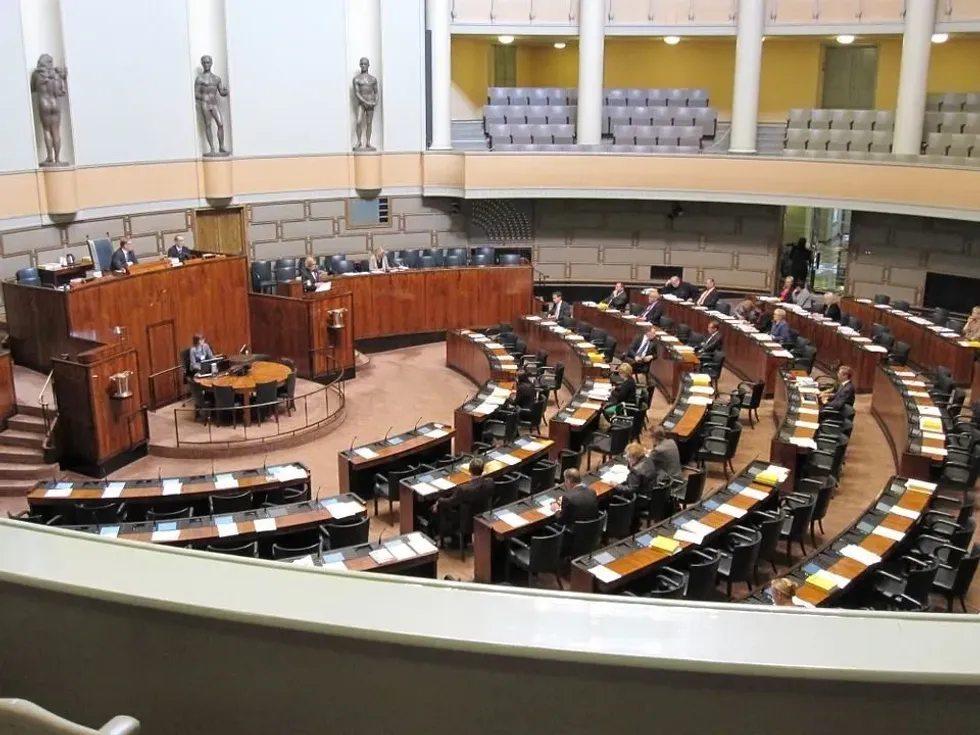
Legal And Economic Systems In Jamaica
Both the legal system and the economic system in Jamaica are worth learning about, as they provide a great insight into how the country operates. As you might already know, the judiciary and economy of any country are two of its most essential support systems.
The legal system in Jamaica is based on common law. This law was derived from British common law.
Common law refers to the type of legal system where judgments are carried out based on judicial precedent. Apart from Jamaica, the Commonwealth of the Caribbean also has a similar judiciary in place. Overall, in Jamaica, justice is administered with the help of a network of courts at varying levels.
The hierarchy in the Jamaican judiciary has a total of five tiers. Among the five tiers is the Petty Sessions Court, where minor levels of civil or criminal offenses are dealt with.
Next is the Parish Court, which was known as the Resident Magistrate's Court before, which is responsible for dealing with the civil and criminal matters within its parish. A step above the Parish Court is the Supreme Court.
The head of the Supreme Court is considered to be the Chief Justice of the Judiciary. The current Chief Justice is Bryan Sykes.
Following the Supreme Court is the Court of Appeals, which consists of six judges and the president. The Court of Appeals hears cases from every network of courts, including juvenile courts and family court.
The fifth and final tier of the legal system in Jamaica is formed by the Judicial Committee of the Privy Council, based in London. Here, the appeal is made to the Queen, who is the Head of State.
The Privy Council only hears cases of utmost importance. Currently, there are ongoing debates in the country to make the final appeals court the Caribbean Court of Justice instead of the Privy Council.
When talking about the Jamaican economy, a major portion, nearly 70% to be precise, is based on services. Overall, Jamaica has a mixed economy with heavy reliance on services like tourism, agriculture, and mining.
During the earlier years, before 1940, the economy of Jamaica was reliant on the export of bananas and sugar.
Fortunately, the discovery of bauxite and the setting up of bauxite-alumina-based industries changed the economy of the country. Apart from bauxite, Jamaica is also known for housing iron, marble, and gypsum, among plenty of other essential minerals and ores.
Agriculture is also one of the main features of the Jamaican economy, making up for one-twentieth of the GDP of the country. Though sugar cane is the major crop, Jamaica also exports coffee, squashes, coconut, and tobacco.
Above all, tourism plays an essential role in the economy. Apart from money, a lot of employment is also generated in this sector.
When it comes to government revenue, most of it is collected from taxes, which includes income tax, property-based tax, customs tax, and so on.
We Want Your Photos!
More for You
Master of Computer Science

Abhijeet ModiMaster of Computer Science
An experienced and innovative entrepreneur and creative writer, Abhijeet holds a Bachelor's and Master's degree in Computer Application from Birla Institute of Technology, Jaipur. He co-founded an e-commerce website while developing his skills in content writing, making him an expert in creating blog posts, website content, product descriptions, landing pages, and editing articles. Passionate about pushing his limits, Abhijeet brings both technical expertise and creative flair to his work.
Disclaimer
1) Kidadl is independent and to make our service free to you the reader we are supported by advertising. We hope you love our recommendations for products and services! What we suggest is selected independently by the Kidadl team. If you purchase using the Buy Now button we may earn a small commission. This does not influence our choices. Prices are correct and items are available at the time the article was published but we cannot guarantee that on the time of reading. Please note that Kidadl is a participant in the Amazon Services LLC Associates Program, an affiliate advertising program designed to provide a means for sites to earn advertising fees by advertising and linking to Amazon. We also link to other websites, but are not responsible for their content.
2) At Kidadl, we strive to recommend the very best activities and events. We will always aim to give you accurate information at the date of publication - however, information does change, so it’s important you do your own research, double-check and make the decision that is right for your family. We recognise that not all activities and ideas are appropriate for all children and families or in all circumstances. Our recommended activities are based on age but these are a guide. We recommend that these ideas are used as inspiration, that ideas are undertaken with appropriate adult supervision, and that each adult uses their own discretion and knowledge of their children to consider the safety and suitability. Kidadl cannot accept liability for the execution of these ideas, and parental supervision is advised at all times, as safety is paramount. Anyone using the information provided by Kidadl does so at their own risk and we can not accept liability if things go wrong.
3) Because we are an educational resource, we have quotes and facts about a range of historical and modern figures. We do not endorse the actions of or rhetoric of all the people included in these collections, but we think they are important for growing minds to learn about under the guidance of parents or guardians.
